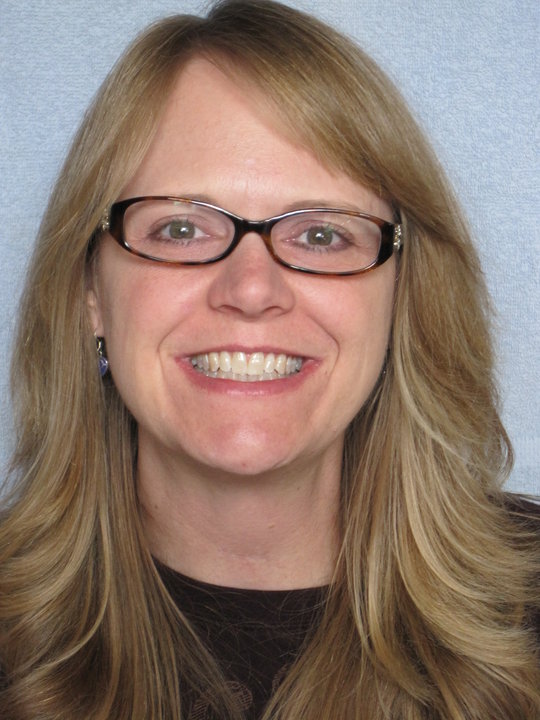When I was a student, my parents helped me when I had questions about my homework. My mom helped with English and writing, while my dad handled math and science. During my school career, math was taught through solving algorithms. However, my dad was doing Common Core Math before it was Common Core.
Because I spoke the language of algorithms and my dad spoke of numbers as if they made sense, I felt like we were using two different numeric systems. My dad had learned from his dad, my Pa Crowe, how to quickly add numbers by decomposing and composing them in his head. Dad could break numbers down into manageable parts or substitute more easily manipulated numbers in order to find area, sums, and all kinds of other mathematical values. Inevitably, our math conversations ended up with me frustrated because I could not follow Dad’s mental math since I had limited mastery of numeracy.
As time marched on and higher order math became an integral part of my studies, this lack of numeracy became a hindrance to me because I could not effectively manipulate numbers. I could not figure out what a reasonable mathematical solution would be and was practically incapacitated if I did not have an algorithm to depend upon. While Dad could solve problems by understood numbers and employed diverse mathematical methods, they made little sense to me because my teachers forced me to follow algorithms and rarely gave me a chance to understand numbers.
How ironic that as a teacher I would be challenged to rethink math in order to teach my students the kind of math Pa Crowe taught my dad, and my dad, in turn, tried to pass on to me. I became grateful for the mathematical conversations engraved upon my memory, as well as the ongoing talks I have with Dad. As an adult, I have gained the sense of numeracy that escaped me as a student largely because Pa Crowe and Dad were doing Common Core Math before it was Common Core.



Well said, Michele. It was the same with me and my Dad.
Hmmm. Could have learned better grammar as well 🙂